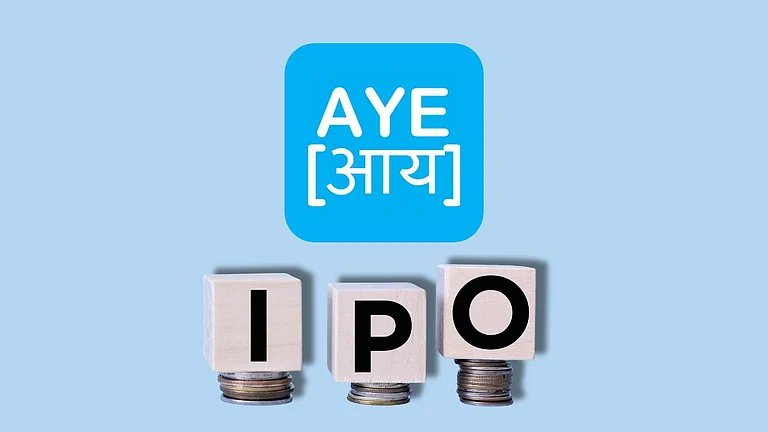Sponsored Content
We are in the midst of a booming capital market in terms of issuances, and various factors are driving the same. We have seen close to $ 30 – 40 billion invested each year since the last strong capital market in 2007-08 by private equity/venture capital investors in many interesting companies. As these companies have matured and the private investors seek to exit, the public market investors (institutional as well as retail) are getting very different flavours of businesses from waste management, wealth management, online food services, and many more.
SEBI’s attempts at streamlining the capital raising process
In these dynamic times, SEBI has proactively tweaked many of its regulations this past year. It continues to review some of the existing regulations to streamline processes, engender flexibility, and in general, make the capital raising process easier and more efficient. Here are the following aspects to look into:
- Review of Regulation 6(2) of the SEBI (ICDR) Regulations, where companies without operating profit in even 1 (one) of the preceding 3 (three) years, need to allot 75% portion of the net offer in an IPO to Qualified Institutional Buyers (QIBs), thereby reducing the retail portion from 35% to 10%. The impact from the same can be seen in the case of Zomato, that if we calculate the benefit of the opening price on the day of listing, retail investors lost ~Rs. 1200 crores as they only got 10% of the issue. Now, many quality companies looking to undertake an IPO will have an impact in FY21 on account of the extraordinary circumstances due to COVID. Quite a few of them will show losses. So, unless and until SEBI makes an exception for FY21, retail investors will continue to lose out due to reduced book availability for them
- More and more companies that are doing IPOs have been built on intangible assets like tech buildout, brands and marketing spend. Currently, what may be allowed as the use of proceeds is very restrictive for these companies. SEBI should look at permitting 50% of the primary issuance to be used for general corporate purposes from the current 25%. Otherwise, you force companies in these spaces to tap private markets and only approach the public capital markets when they have a large OFS (Offer for Sale) portion to make the requisite deal size
- Post the reclassification of mutual funds, and small-cap funds are a small portion of the total funds available with mutual funds. As large numbers of IPOs are going to be in the small-cap category, SEBI should evaluate how they can increase available QIB funds for small-cap companies. SEBI should also consider allowing Portfolio Management Schemes (PMS), which have become a large pool (currently 4 – 5x available funds with small caps), to be classified as QIBs. Recently SEBI had included Systemically Important NBFCs in the definition of QIBs to bring them at par with bank treasuries. We believe the same principle may be used to bring PMS at par with MFs
- Recently SEBI has made the post-issue merchant banker responsible if there is a delay of unblocking of funds by the bankers to the issues and have instituted a financial penalty for the same. Merchant bankers have no control over the banks’ functioning, and continued application will force the community to appeal to SEBI to work with fewer banks with better systems and turnaround times. These, therefore, again make accessibility of IPO harder for everyone. These rules need to be relooked and banks that are registered for this activity with SEBI only be fined for these lapses
- The IPO process continues to insist on physical forms being printed and dispatched. Whereas for all listed companies, all shareholder communication vis-à-vis all corporate action has moved seamlessly to a digital format. Even MF subscriptions are now being done digitally, and there is no need to fill physical forms for continuing subscriptions. SEBI should seriously relook at the element of physical forms being printed and dispatched. This is essential given the digital drive and a strong emphasis on reducing paper usage due to environmental concerns. A move to digital formats will be great for all concerned.
Summing Up!
The IPO process has come a long way in the level of disclosures and efficiency since my first IPO in 1999, thanks to the proactive and continuous engagement with all stakeholders by SEBI. On the back of that, we see this year going to be one of the best years for capital markets in the last two decades!













